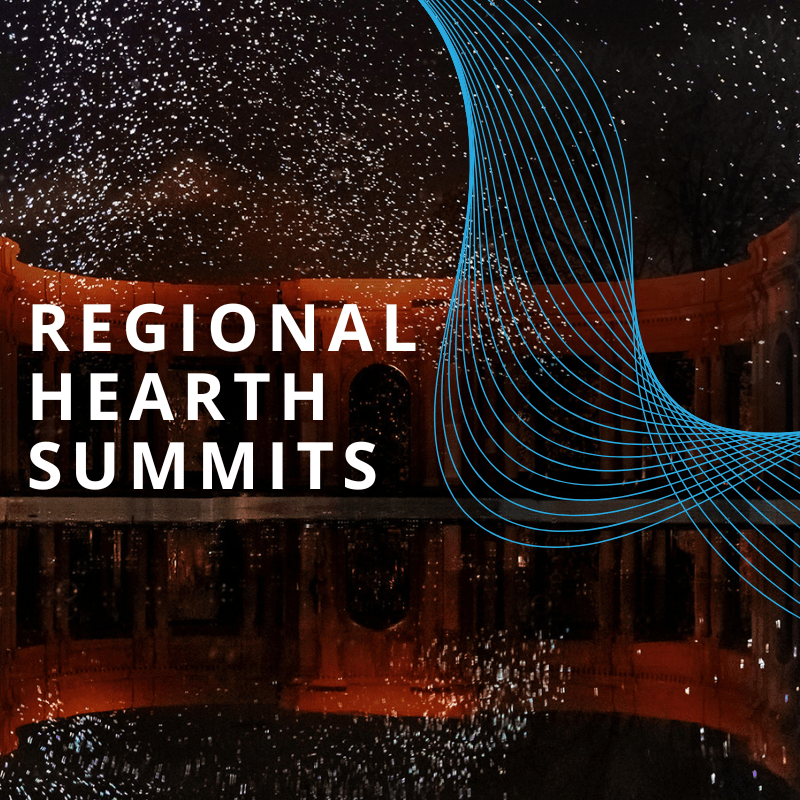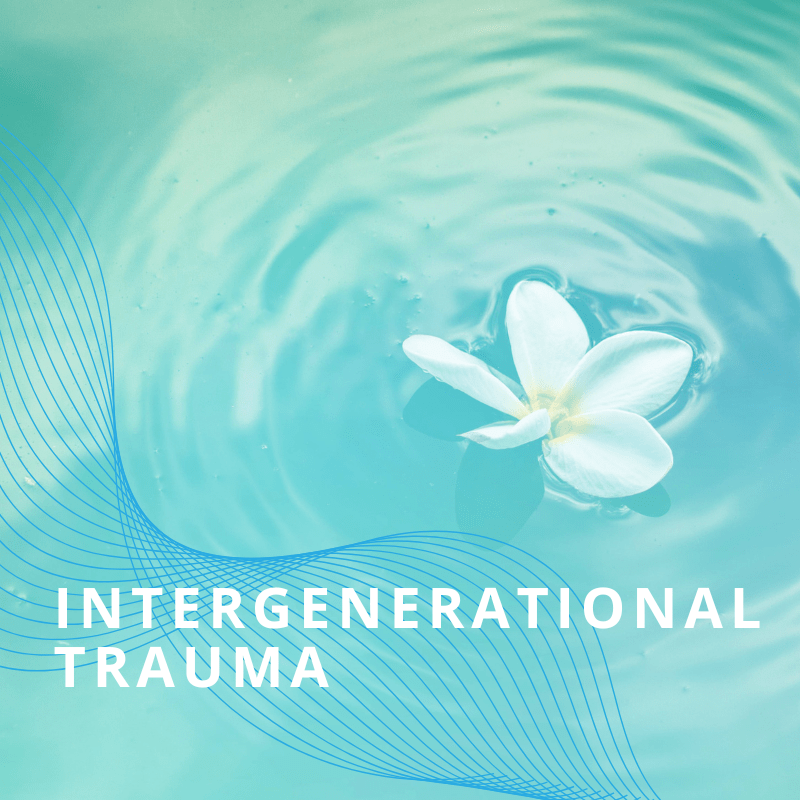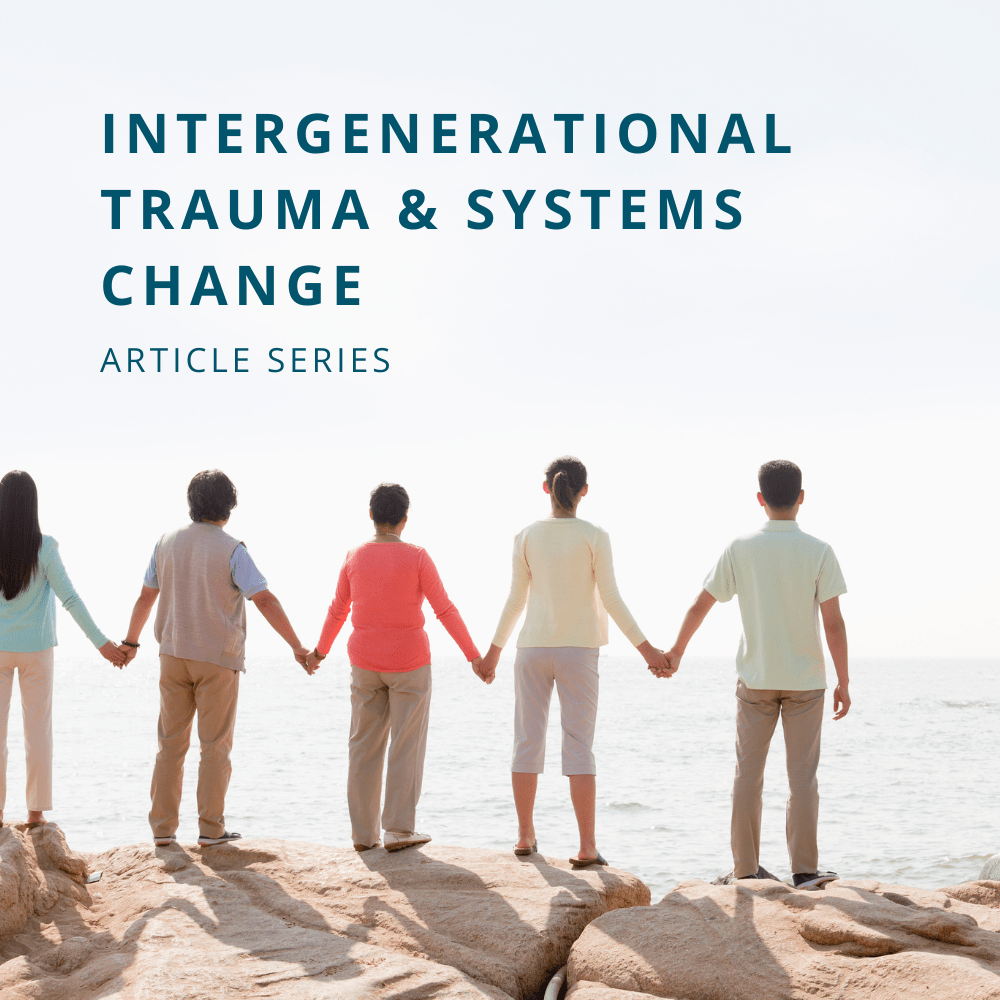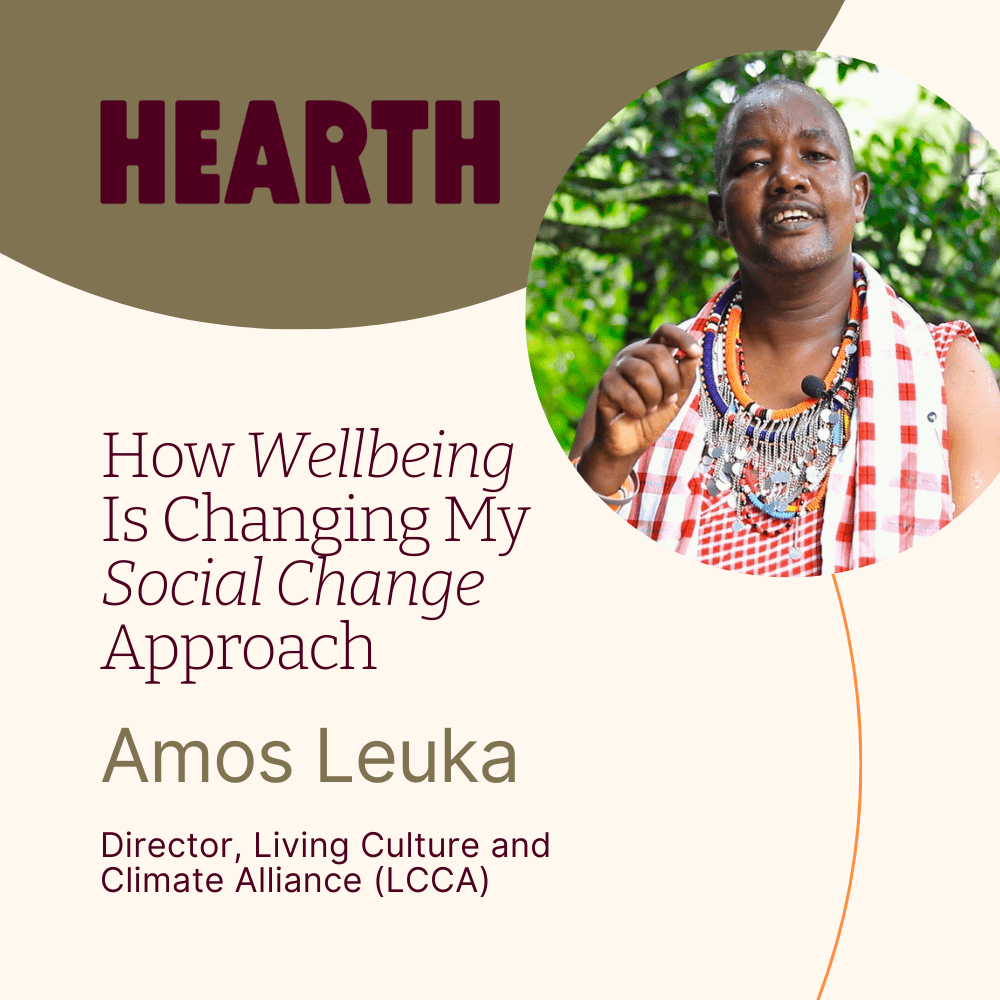With a growing collective consciousness about the impacts of intergenerational trauma, the regional Hearth Summits are a space for changemakers to explore those impacts in the social change sector. In social change work, trauma can be found at the roots of the biggest challenges facing the world today—and in the lives of the people working to address them. Trauma-informed approaches to social change have the power to help unlock healing, wellbeing, and social transformation for all. The regional Hearth Summits offer an invitation for local communities of changemakers to explore this power, contributing to our global call to move from cycles of trauma to journeys of wellbeing.
Discover how the Hearth Summits’ deep conversations, moving art performances, and embodied workshops create a platform for us to encourage healing and wellbeing for everyone—everywhere.





















































